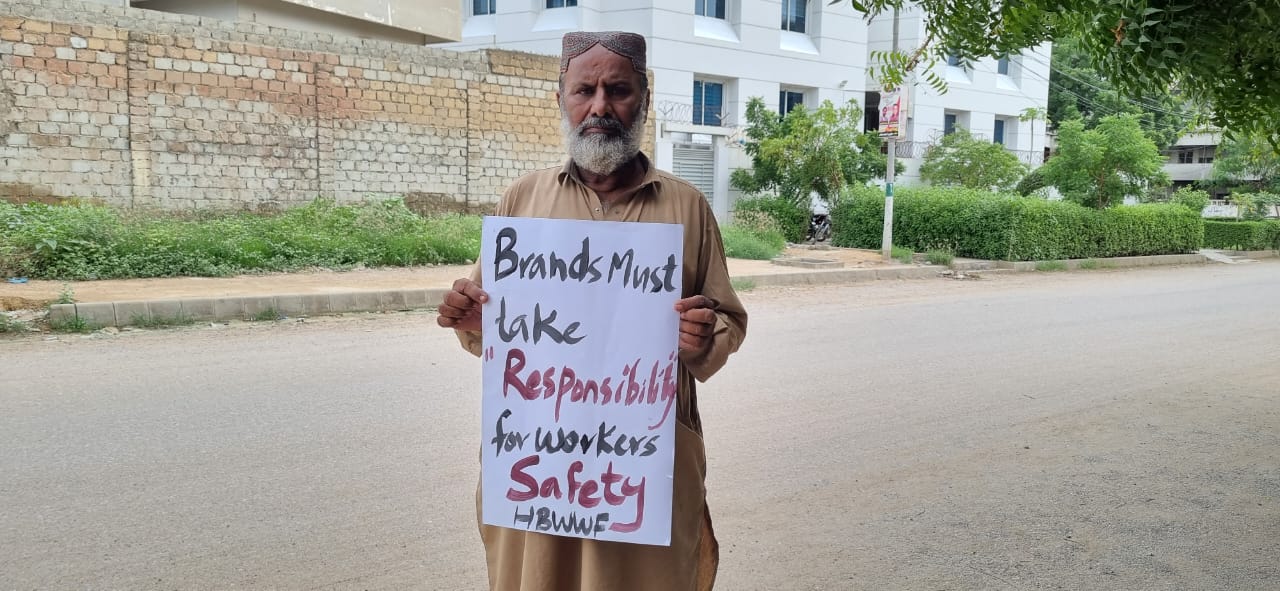
Brands commit to new six year safety programme to keep garment workers safe
47 brands have thus far signed the new legally binding and enforceable safety programme for the garment sector announced in November. By signing, brands commit to ensuring that factories are made safe in their supply chain in at least one of the countries covered by the programme. Unions and labour rights organisations in the Clean Clothes Campaign network call on all garment brands that have not yet done so to take this opportunity to sign this new agreement that builds on a model that has proven itself as the highest standard in the industry over the past decade.
The International Accord for Health and Safety in the Garment and Textile Industry (International Accord) was agreed by global unions and brands on 6 November 2023, shortly after the previous programme expired. The programme builds on the example of three previous Accord agreements, the first of which went into force shortly after the deadly Rana Plaza collapse of April 2013. The 2023 Accord will run for three years, with an automatic extension of three more years, and will expand its important work to more countries where workers continue to work in unsafe factories. This is of immense importance as workplace deaths and injuries remain all too common across the industry. Currently, the Accord has country programmes in Bangladesh and Pakistan, and signatories of the International Accord have to sign at least one of these country programmes. Clean Clothes Campaign urges brands to join programmes in all countries that they source from.
This new, longer term programme is an excellent chance for brands that have in the past decade failed to take responsibility for the safety of their workers, to finally take this step. The Accord model has drastically reduced the amount of factory incidents in Bangladesh, and is currently making a real difference for workers in Pakistan. By refusing to sign the Accord, brands are denying their workers access to the Accord’s training and complaint mechanism and will continue to rely on inadequate social auditing rather than the Accord’s independent and competent inspections and remediation programmes. “Brands which have considerable production in both Bangladesh and Pakistan and which have consistently refused to sign the Accord include Levi’s, IKEA, Amazon, Walmart, Decathlon, and ASDA among others. Their workers’ lives remain at risk in the workplace as long as they refuse to sign the Accord,” says Christie Miedema, campaign and outreach coordinator at Clean Clothes Campaign.